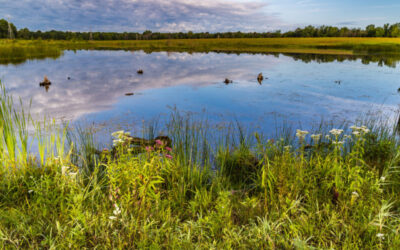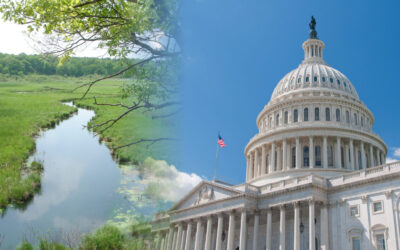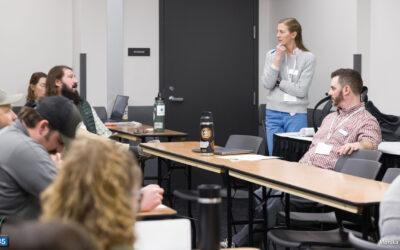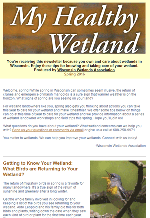
For landowners
We’re here to help. Follow the links below for information that will help you learn about your wetland and how to care for it, and that will connect you with resources that can help you achieve your goals.
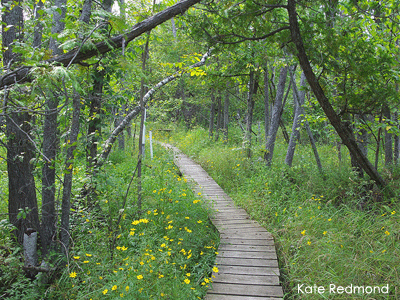
Learn about your wetland
Your experience as a landowner gives you first-hand knowledge of your land and water, including wetlands. Because wetlands are diverse, there’s no one way to care for a wetland. We’ve outlined three steps you can take to get to know whether you have a wetland, what type of wetland you have, and how you can keep it healthy.
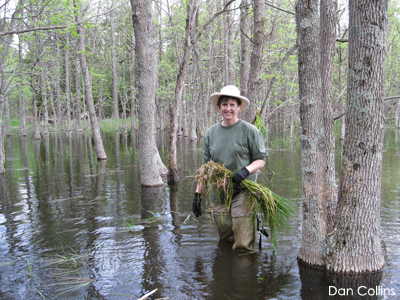
Care for your wetland
As a landowner, you want to keep your land and water healthy. But how can you care for your wetlands? We’ve outlined four steps you can take to help you determine the care it needs.
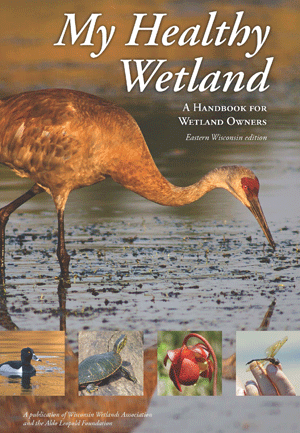
A handbook for landowners
Want have all the wetland care information you need in one handy publication? We have just the thing. Our easy to read wetland landowner handbook helps you understand what wetlands are, why they are important, and how you can care for them. It also helps you learn:
- What type of wetland you have
- How to tell if your wetland is healthy
- Actions you can take to improve your wetland
- Where to find financial and technical help for a wetland project
- And more!
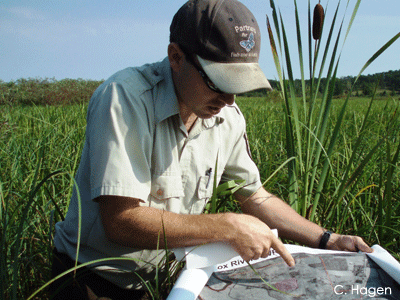
Resources
Whatever your question or concern, we can help you get connected to information and people who can help you care for your wetland. Find resources to help you learn about, care for, and protect your wetland.
Updates for landowners like you
We regularly post updates, information, and tips for wetland landowners. Check out a few recent posts below.
New Hydrologic Restoration General Permit available!
Great new for wetlands! The new HRGP is officially launched, creating a general permit for stream, wetland, and floodplain restoration projects that improve hydrologic conditions, connections, and functions.
New federal legislation to enable floodplain restoration in FEMA mapped floodplains
Bipartisan federal legislation aims to address the barriers to restoring floodplains in floodways that are mapped and regulated under the National Flood Insurance Program.
Working group at the Wetland Science Conference examines floodplain restoration permitting
Addressing the regulatory and capacity barriers that hinder floodplain restoration efforts are a key priority of the WWA’s policy agenda because healthy well-connected floodplains are integral to wetland and river systems.

